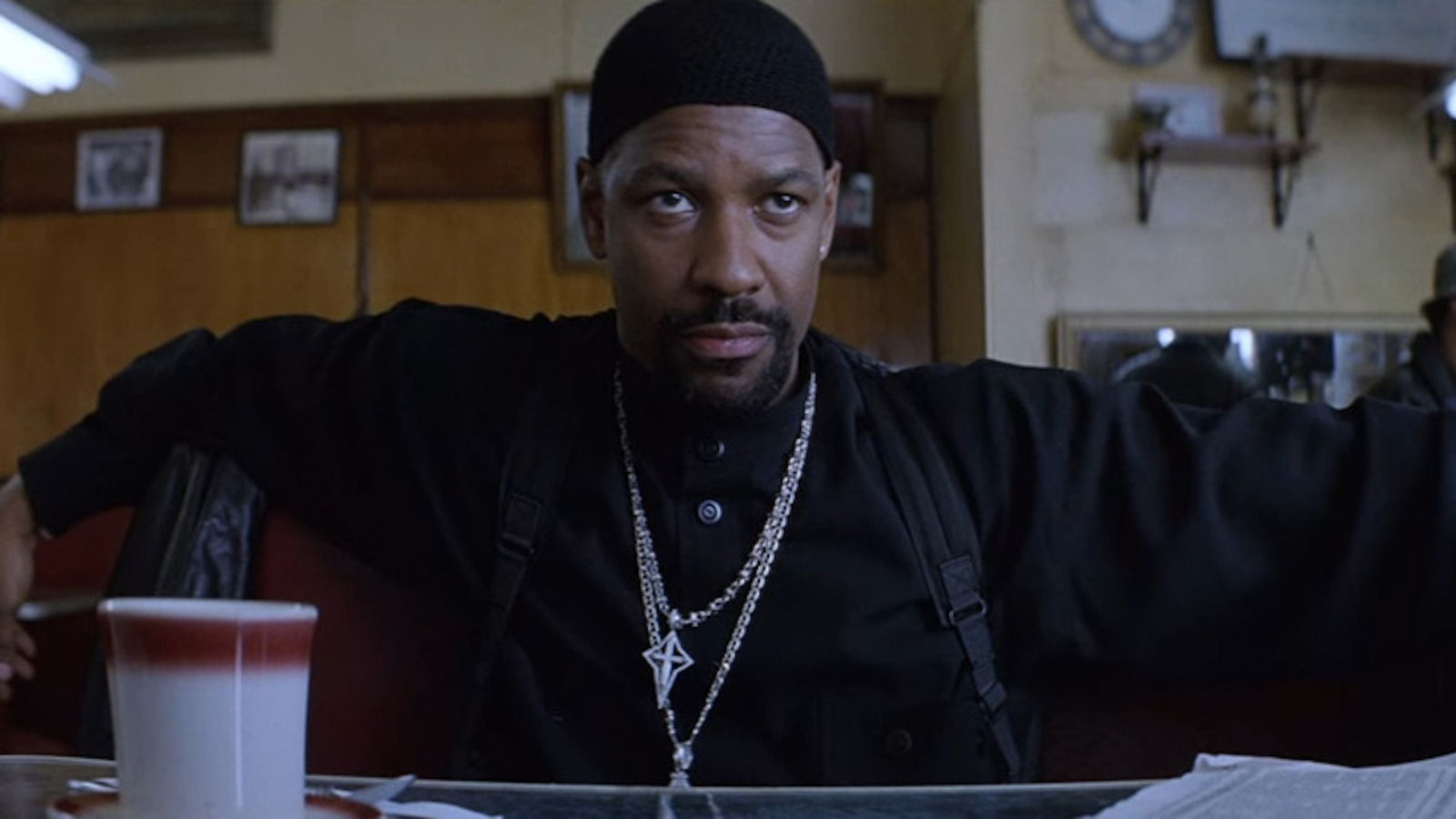
Denzel Washington’s Journey: How His First Oscar Nomination Sparked a Legendary Meme
By Jeremy Smith
Early in his acting career, Denzel Washington received pivotal advice from the legendary Sidney Poitier. As a young Black actor forging a path in the early 1980s, Poitier warned him that Hollywood would likely offer only a handful of opportunities before making a lasting judgment on his talent. At that time, the landscape for non-comedic Black stars was sparse, with Poitier himself taking a lengthy hiatus from film. This reality must have amplified Washington’s sense of pressure, despite his remarkable skills.
Washington understood the stakes. The white-dominated film industry posed numerous challenges, and even if he achieved success, the limited roles available meant that competition would always be intense. Following the lackluster performance of his debut film “Carbon Copy,” he found his redemption in the acclaimed off-Broadway production of “A Soldier’s Play.” This led to the film adaptation “A Soldier’s Story,” where he began to get noticed in supporting roles, attracting attention from directors seeking fresh talent who weren’t trying to emulate comedians like Eddie Murphy.
In 1987, Washington delivered a standout performance as Stephen Biko in Richard Attenborough’s “Cry Freedom.” His portrayal of the anti-Apartheid activist, who lost his life at the hands of law enforcement, showcased his unique combination of star power and passionate conviction. This role earned Washington his first Academy Award nomination for Best Supporting Actor, a significant career milestone. However, Washington remained grounded, understanding that without fundamental changes in the industry’s structure, he would risk slipping back into obscurity.
During the Oscar ceremony, he realized he wasn’t on track to win. In a candid 2018 chat with Jamie Foxx, Washington recounted the moment he sensed his fate: Sean Connery received a thunderous ovation while presenting an award. In his words: “I went to get the coats. I knew I wasn’t winning tonight.” Washington ultimately won the Oscar for Best Supporting Actor two years later for “Glory,” but that evening in 1988 left him empty-handed, and he was determined to take something away from the event.
While exiting the Shrine Auditorium, where the Oscars were held before moving to the Dolby Theatre, Washington noticed preparations for the post-ceremony Governor’s Ball. Right then, he resolved to snag a souvenir from his first nomination. He humorously recalled, “I’m leaving here with something.” As his mother suggested, he decided to take a floral arrangement home, turning a disappointment into a lighthearted moment.
In recent years, many have echoed Washington’s sentiment, wishing that it became customary for those who missed out on Oscars to leave with a little something extra. Forget the cliché of “It’s an honor to be nominated.” The lengthy awards shows can test anyone’s patience. Even though being in the audience is a privilege, especially back in 1988 amid unyielding industry challenges, Washington’s decision to take home a floral arrangement became an iconic anecdote.
This charming episode highlights Washington’s resilience as he navigated an unpredictable industry, reminding us that even in disappointment, it’s possible to find a reason to celebrate.




